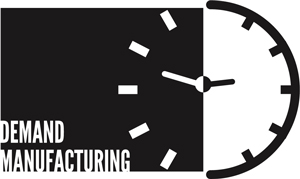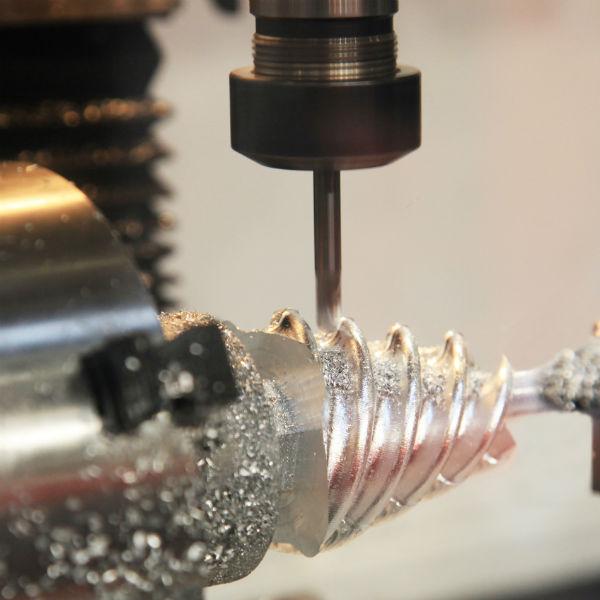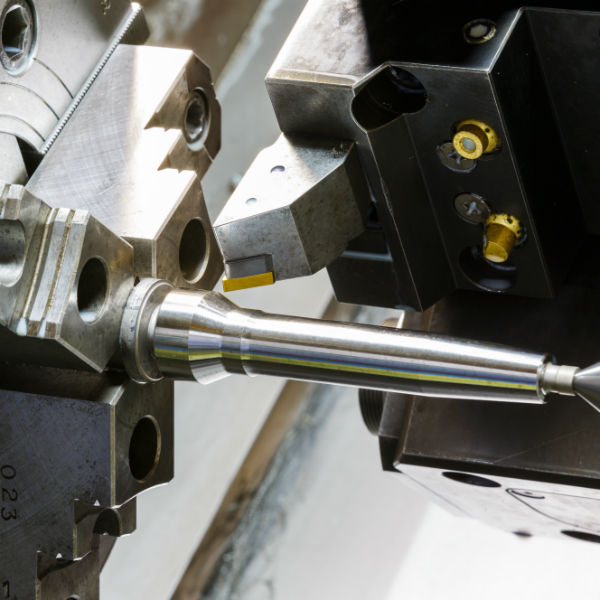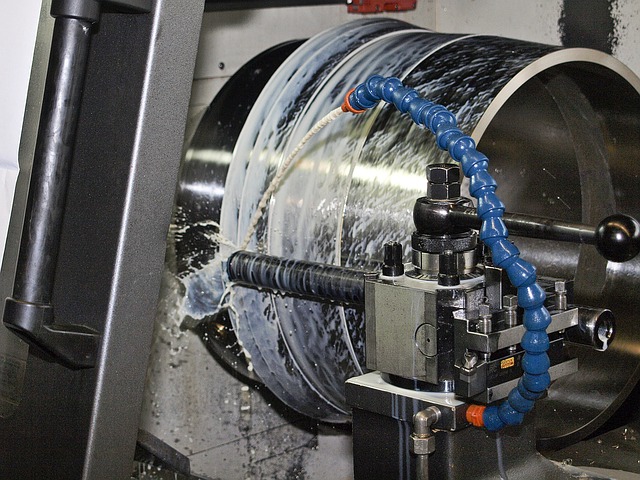What is CNC Machining?
CNC (Computer Numerical Control) Machining is referred to as a deductive process mostly used in the manufacturing. It involves the use of computers to control machine tools including lathes, mills, routers and grinders.
When using a CNC machine the first step is creating a CAD design (2D or 3D).That design is then loaded in to the CNC machine. Once the design file has been loaded in to the computer, a code commonly referred to as a G-code, is created to control the machining tools themselves. This code will in essence control features like feed rates, location, coordination and speeds of the CNC machine.
Once a design file is loaded and the code for the CNC has been created a operator will perform a test run. Test runs are performed to ensure the code that was created for the CNC matched the original design. Test runs are also performed to ensure no other issues arise.
After the test run has been completed, the CNC and operator are ready to begin production. At this point materials are loaded in to the CNC and the machining process begins. The process is largely the same whether machining one piece or many.
At times to help control heat and debris there may be the addition of a cutting fluid to the process. The fluid is generally sprayed at the machining tool. This extra measure helps ensure neither the tool or material is damaged by heat, and also helps the tools machine with the highest level of control. These fluids generally consist of things like oils, oil-water emulsions, pastes and gels.
There are many advantages to using CNC Machining. The CNC Process is more precise than manual machining, and can be repeated in exactly the same manner over and over again. Because of the precision possible with CNC Machining, this process can produce complex shapes that would be all but impossible to achieve with manual machining. It also lends itself to a vast field of materials, making it easier to turn any 2D or 3D project in to a quality machined result.
It is because of these qualities that CNC Machining is used in jobs that need a high level of precision such as prototype parts. It also ensures precision when a repetitive task like high volume production runs are required.



